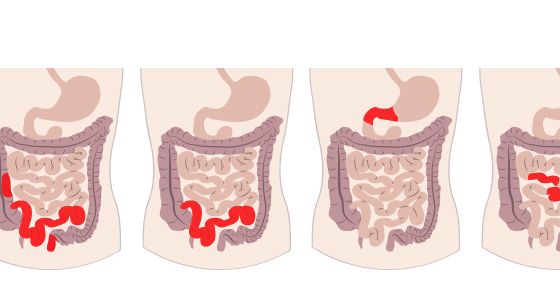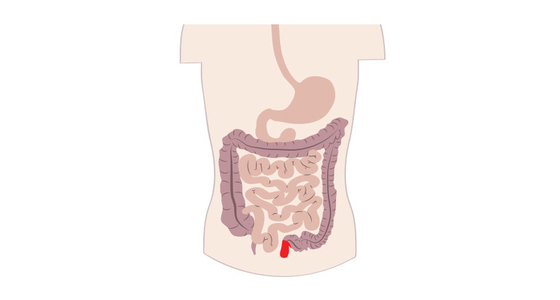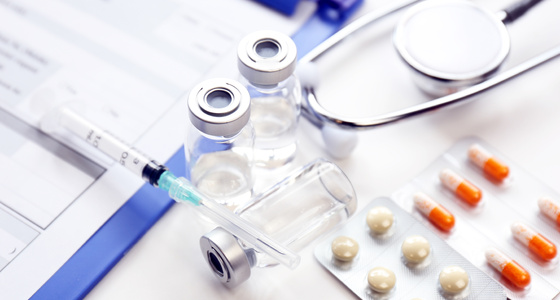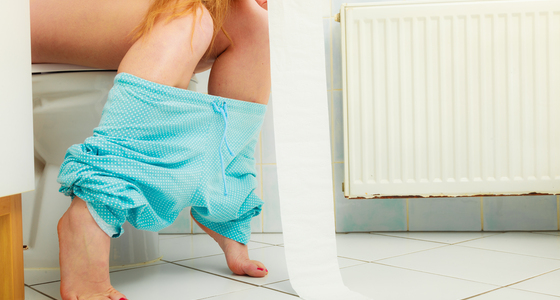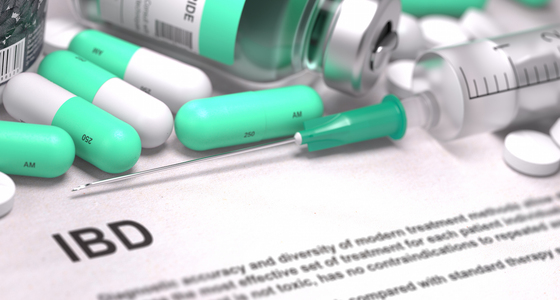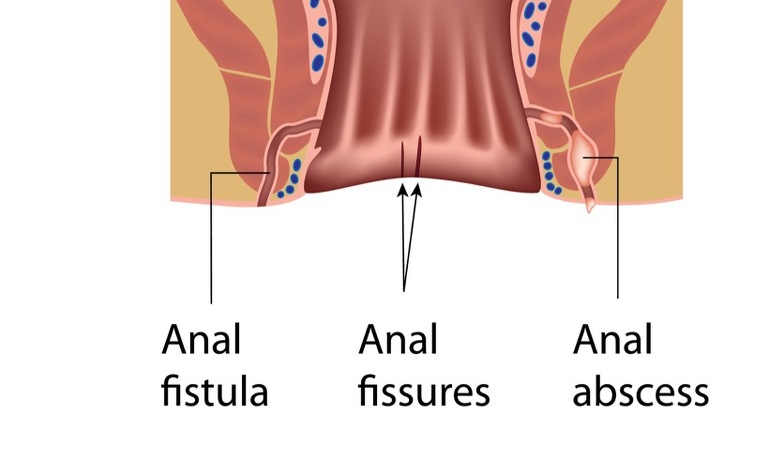
An anal fissure is a tear or sore that develops in the skin around your anus and the anal canal. They are a common problem among the general population as well as people with inflammatory bowel disease. It’s estimated 1 in 10 people are affected by anal fissures at some point in their life1.
Anal fissures can be either acute (generally lasting under 6 weeks) or chronic (lasting more than 6 weeks)1.
The symptoms of an anal fissure include:
Most commonly anal fissures are caused by damage or trauma to the lining on the anus or anal canal. This damage or trauma is often caused by bowel movements, particularly in those who have constipation or persistent diarrhoea which can both be common in people with inflammatory bowel disease.
The most common location for anal fissures is in the middle rear of the anus. However, it’s reported that off-centre fissures can be a sign of Crohn’s disease2.
If you suspect an anal fissure you should speak to your doctor or gastroenterologist. They are a common problem that they will be used to dealing with. Usually they will diagnose them through a physical examination and your symptoms. This may include a digital rectal examination in which the doctor inserts a finger into your anus.
In some cases they may want to do a further examination which will probably be done under anesthetic to check for abscesses.
Often anal fissures heal on their own and there are a few things you can do to help ease any discomfort.
If you are experiencing pain then you can take pain relief such as paracetamol. Having a warm bath after a bowel movement can also help.
If the anal fissure doesn’t improve then you should seek treatment from you doctor. If you have constipation then you may be prescribed laxatives to soften your stools. You may also be given glyceryl trinitrate (GTN), an ointment you can apply to the anal canal which helps to increase blood flow to the fissure assisting it to heal faster.
Topical ointments may also be prescribed to help with the pain and healing process.
In some cases surgery may be used to treat the fissure.
NHS Choices http://www.nhs.uk/conditions/anal-fissure/pages/introduction.aspx
Matthew Fargo & Kelly Latimer, Am Fam Physician. 2012 Mar 15;85(6):624-630. www.aafp.org/afp/2012/0315/p624.html
